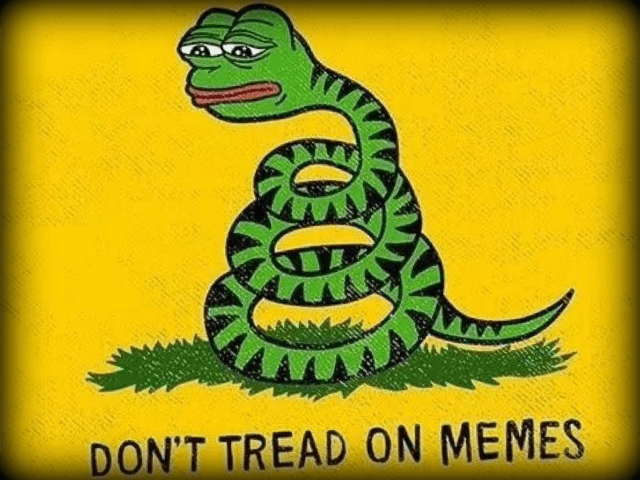The UK’s public prosecutor has demanded that social media users who post “humiliating” photoshopped images and memes should face jail, as well as those who incite “virtual mobs” because they are “opposed to that person’s opinions”.
The new official guidelines also call for the criminalisation of those starting “derogatory hashtags” and “false or offensive profiles”, “baiting” women online, and the “doxxing” (sharing the personal details) of other users.
It was revealed in a statement that the document “includes new sections on Violence against Women and Girls (VaWG), Hate Crime and vulnerable victims”.
“The new guidance also alerts prosecutors to cyber-enabled VaWG and hate crime offences,” it adds.
“These can include ‘baiting’, the practice of humiliating a person online by labelling them as sexually promiscuous or posting ‘photoshopped’ images of people on social media platforms.”
Photoshopped images and memes are already being outlawed online. Last month, the popular right-wing Pepe the Frog meme was added to the Anti-Defamation League’s Hate Symbol Database, opening the way for its use to be classed as a hate crime.
The UK guidelines also specifies that “those who encourage others to commit a communications offence may be charged: for instance, encouragement to tweet or re-tweet a grossly offensive message, or the creation of a derogatory hashtag, or making available personal information (doxing), so that individuals can more easily be targeted by others”.
Adding: “Such encouragement may sometimes lead to a campaign of harassment or ‘virtual mobbing’ or ‘dog-piling’, whereby a number of individuals use social media or messaging to disparage another person, usually because they are opposed to that person’s opinions.”
Any “communications which… may be considered grossly offensive, indecent, obscene or false” will be criminalised under Section 1 of the Malicious Communications Act 1988, it is stated. The maximum sentence for the social media offences is 12 months’ imprisonment, although this can rise if there is evidence of threatening behaviour.
The Malicious Communications Act has already been used to jail teenagers for posting offensive messages on Facebook. In another notorious case, a man was put on trial under the Act after he posted a joke bomb threat on Twitter.
The new guidelines acknowledge that protecting free speech and jokes, and avoiding abuses of the laws to silence debate, is an issue.
The document says comments have to pass a “high threshold” and police should not prosecute people for comments which are considered “satirical” or “banter and humour”.
The Director of Public Prosecutions (DPP), Alison Saunders, commented: “Social media can be used to educate, entertain and enlighten but there are also people who use it to bully, intimidate and harass.
“Ignorance is not a defence and perceived anonymity is not an escape. Those who commit these acts, or encourage others to do the same, can and will be prosecuted.”
Mrs. Saunders also boasted: “Our latest Hate Crime Report showed that in 2015-16 more hate crime prosecutions were completed than ever before. More than four in five prosecuted hate crimes result in a conviction; with over 73 per cent guilty pleas.”
In August, it was reported that the London Mayor had set up a new police “hate crime hub” staffed by “a dedicated police team” backed by “volunteers” who will monitor social media full time for so-called “hate crimes” and “trolls” to criminalise.

COMMENTS
Please let us know if you're having issues with commenting.